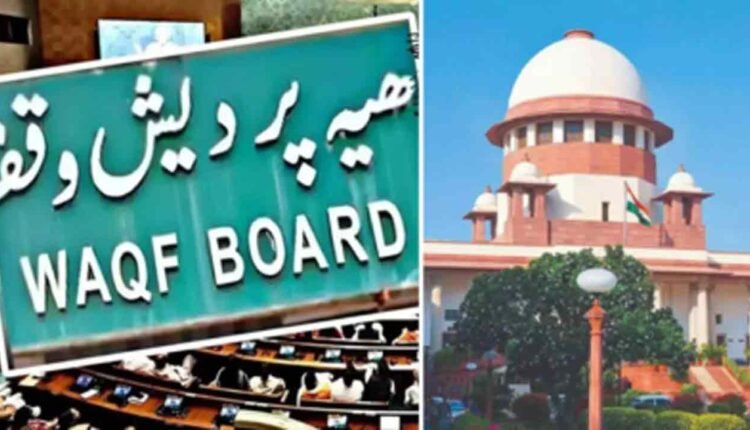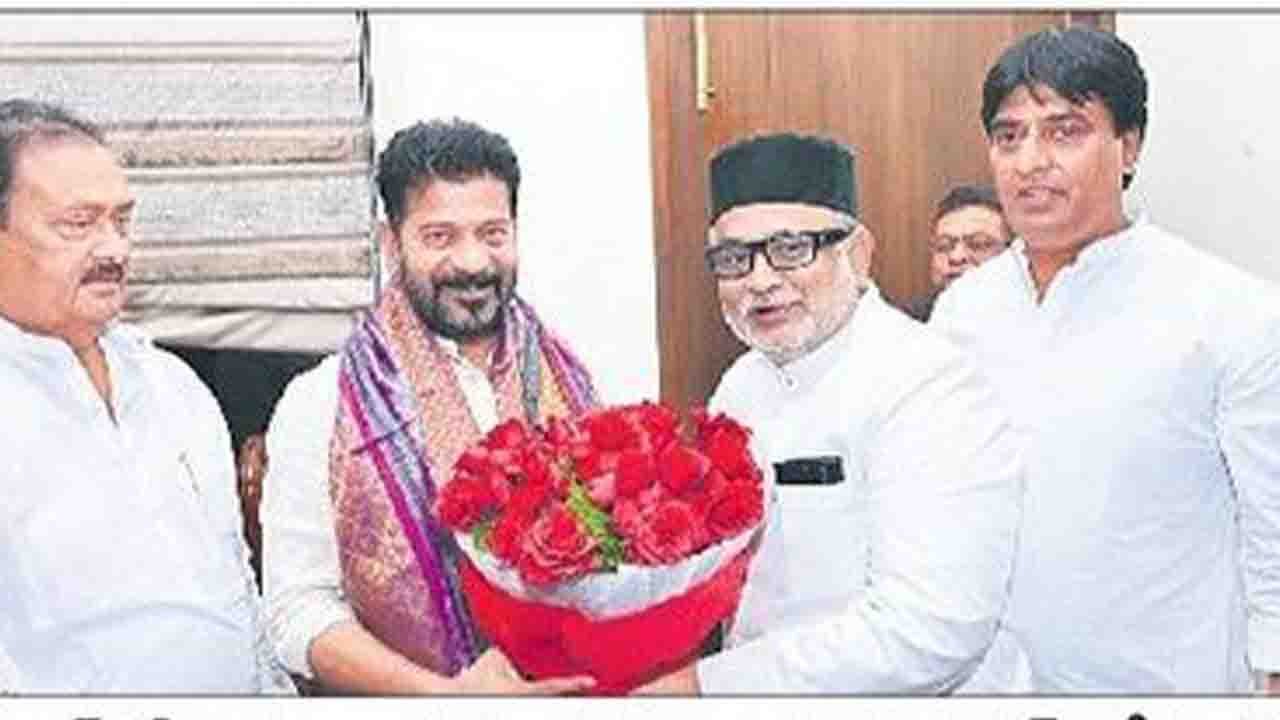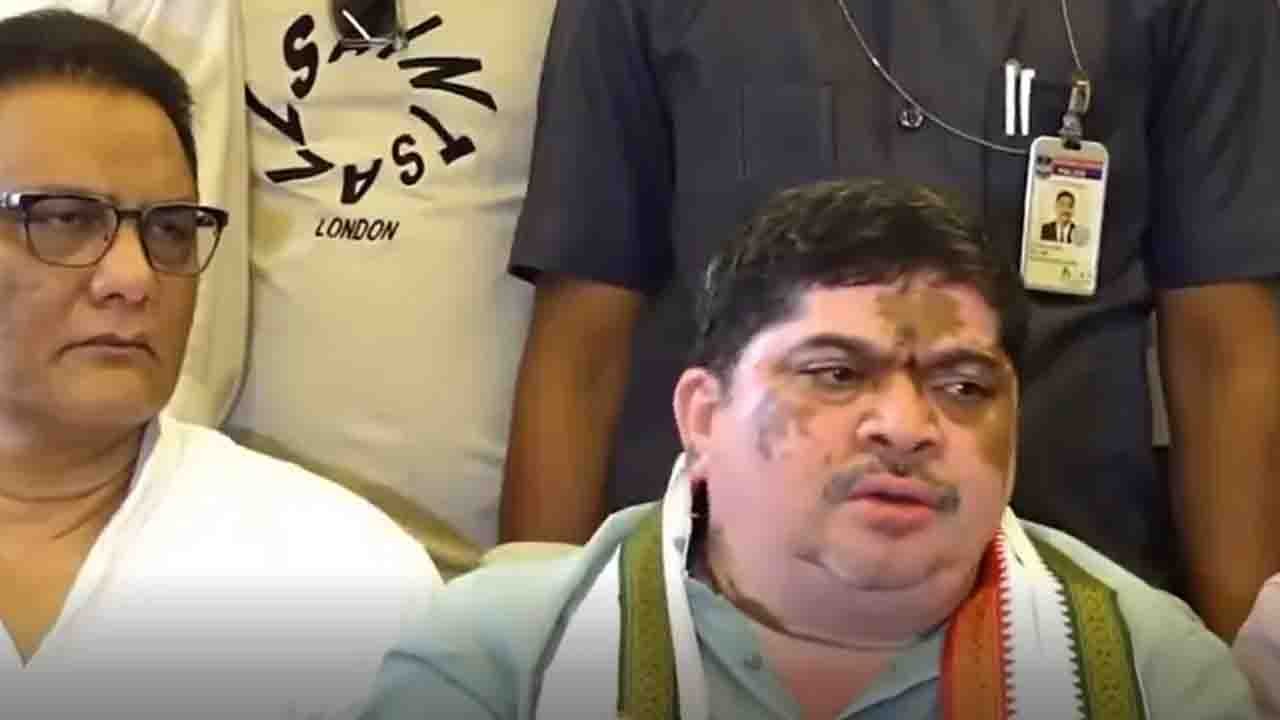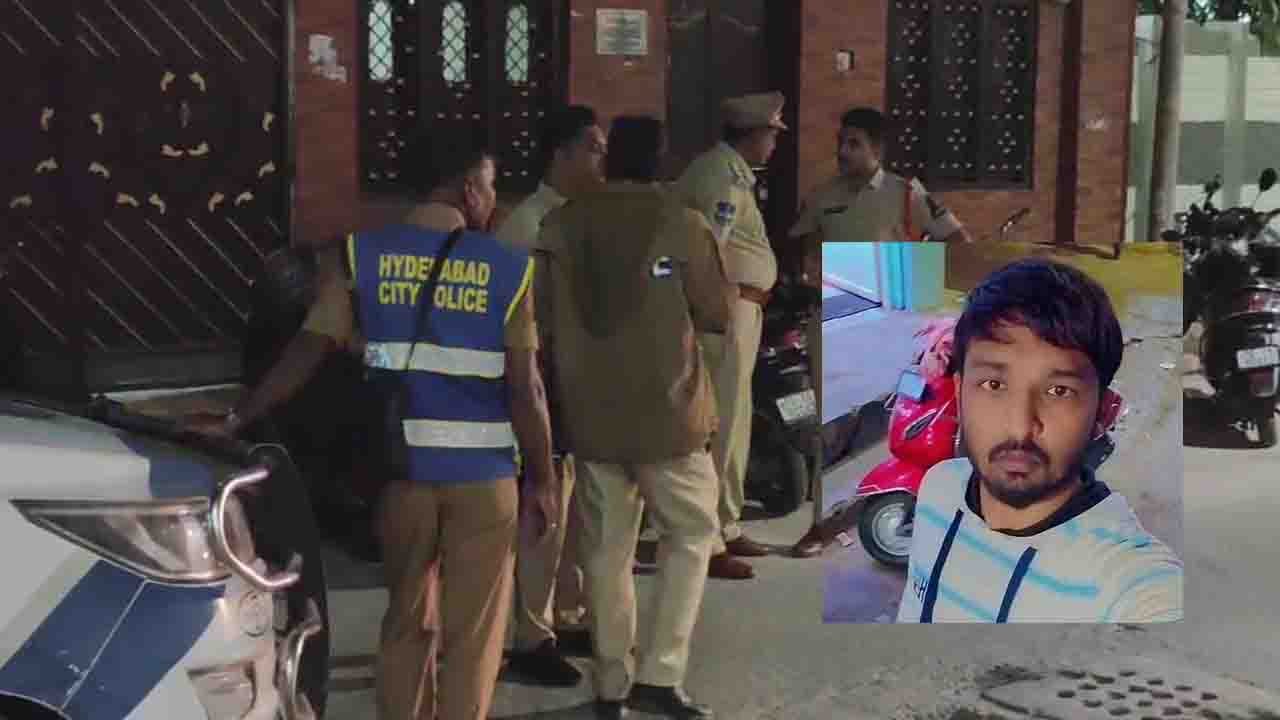Supreme Court Raises Alarm Over Waqf Act: Questions Inclusion Of Non-Muslims In Boards, Property De-Notifications
Delhi/Hyderabad, April 16 (Maxim News): In a tense hearing on Wednesday (16 April), the Supreme Court of India raised serious concerns regarding a number of contentious provisions in the recently passed Waqf (Amendment) Act 2025.
Though it declined to pass an interim order, the court suggested that relief might be extended, particularly on matters relating to religious autonomy, state intervention, and erosion of community rights under Article 26 of the Constitution, Bar and Bench reported.
A Bench headed by Chief Justice Sanjiv Khanna, with Justices PV Sanjay Kumar and K V Viswanathan, suggested an interim balance:
“Our interim order will balance equities… We will say that whichever properties were declared by court to be waqf will not be de-notified or be treated as non-waqf… whether it is waqf by user or not. Collector can continue with proceedings… but the provision will not be given effect to… Regarding board and council… ex officio members can be appointed. But the other members have to be Muslims.”
The court directly questioned Solicitor General Tushar Mehta about the logic behind opening the doors for non-Muslims in Waqf Boards, drawing a parallel with the Hindu endowment scenario.
“Mr. Mehta, are you saying that from now on you will allow Muslims to be part of the Hindu endowment boards. Say it openly,” the CJI asked pointedly.
SG Mehta responded, “I can put it on affidavit,” stating that no more than two non-Muslim members, besides ex officio ones, would be part of the Boards.
Senior Advocate Kapil Sibal, appearing on behalf of petitioners such as MPs Mohammad Jawed and Asaduddin Owaisi, contended that the Act impinges upon fundamental Islamic customs and violates the right of the community to run its religious affairs.
“Through a parliamentary legislation, what is sought to be done is to intervene in an essential and integral part of a faith,” he contended.
Sibal objected to the revocation of the ‘waqf by user’ as an unconstitutional reversal of centuries-old religious tradition and judicial precedent, specifically the Supreme Court’s Ayodhya judgment.
“Not that simple. Waqfs were created hundreds of years ago. They will ask for a waqf deed for a 300-year-old property. That is the problem,” he explained.
He also criticised the provision mandating that only Muslims who have practiced Islam for at least five years can create a waqf, “How should the State decide whether and how I am a Muslim or not?” Senior advocates P Wilson and Huzefa Ahmadi echoed these concerns, arguing that this criterion imposes unconstitutional religious tests.
The Court noted that only eight of 22 members of the Central Waqf Council are Muslim under the new law. “So, eight are Muslims here,” Justice PV Sanjay Kumar observed. “Yes, correct. This is a complete takeover through nomination,” Sibal responded.
Senior Advocate Abhishek Manu Singhvi added that “4 out of 8 lakh waqfs are waqf by user. Imagine this now.” Senior Advocate CU Singh contended that the Collector’s decisive role over disputes renders religious properties vulnerable to bureaucratic overreach:
“Once there is a dispute.. it ceases to be waqf! Suppose a land is a waqf for 300 years… Now once anyone just says that it is government land.. The collector can take 50 years to decide and it will not be a waqf till then.”
Meanwhile, six BJP-ruled States — Haryana, Maharashtra, Madhya Pradesh, Rajasthan, Chhattisgarh, and Assam have moved intervention applications in favor of the amendment.
Although the Court indicated it might consider referring the case to a High Court for preliminary determination, the importance of the constitutional questions may persuade it to deliver a direct verdict.
The case will continue tomorrow, with the Bench likely to deliver its interim orders. (Maxim News)




